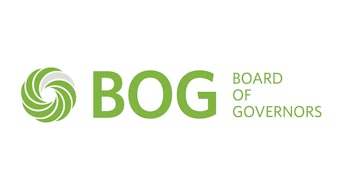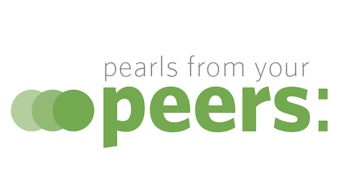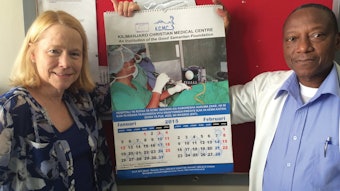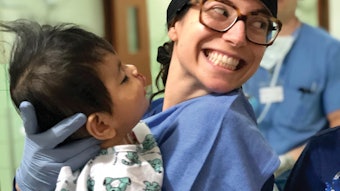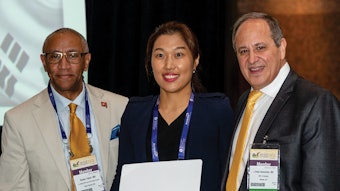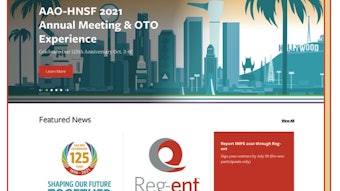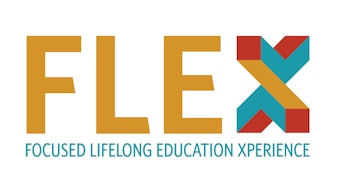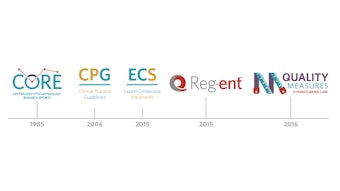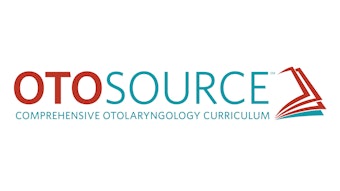CORE Grants Program Spotlights
The CORE grants program plays a critical role in advancing the field of otolaryngology by providing support to research projects, research training, and career development.
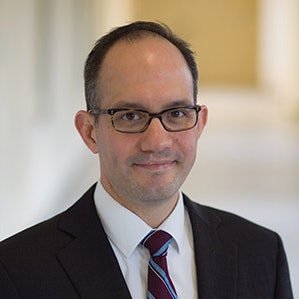 Thomas J. Ow, MD, MS
Thomas J. Ow, MD, MS
Thomas J. Ow, MD, MS
Associate Professor, Department of Otorhinolaryngology-Head and Neck Surgery and Department of Pathology, Montefiore Medical Center/Albert Einstein College of Medicine
The CORE grants program has been instrumental in my career development. I received the AHNS/AAO-HNSF Young Investor Combined Award when I was studying as a NIH-T32 research trainee during my fellowship. I am also not ashamed to say that I have had several unsuccessful grant submissions to the CORE program! The process of preparing grants for CORE and receiving substantive feedback from the CORE Study Section is a tremendous learning opportunity. I have also had the honor of serving on the CORE Study Section as a reviewer, which has been one of the most fulfilling activities in my career. The review process provides incredible insight into the high level of science and innovation being carried out in our field, and it has also helped me understand how my own grant submissions are evaluated. Equally important, the CORE Study Section has helped me develop a network of like-minded physician–scientists who have been an invaluable source of advice, mentorship, and scientific collaboration. These experiences have been critical for my development as a surgeon–scientist.
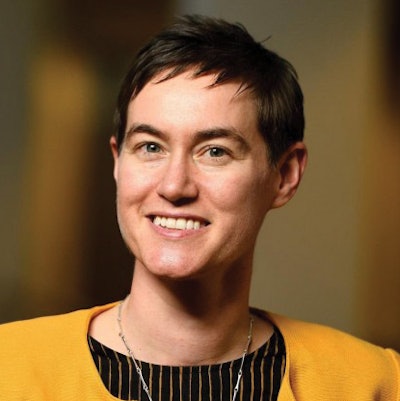 Carrie L. Nieman, MD, MPH
Carrie L. Nieman, MD, MPH
Carrie L. Nieman, MD, MPH
Assistant Professor, Department of Otolaryngology-Head and Neck Surgery, Johns Hopkins University School of Medicine; Core Faculty, Cochlear Center for Hearing & Public Health, Johns Hopkins Bloomberg School of Public Health
As a T32 resident, my mentors emphasized the importance of obtaining independent funding as a principal investigator. I may not have fully appreciated the value of their advice at the time, but it is advice I am still grateful for today. My application for an AAO-HNSF resident CORE grant was one of the first grants I wrote and was very fortunate to receive. That award directly funded a pilot study I completed as a resident and provided the foundation for a successful R21/R33 grant application I now lead as faculty. The experience of writing a grant and serving as a CORE grant reviewer, beginning as a resident, was essential to my ability to apply for a National Institute of Aging–funded K23 as I finished residency. The community of scholarship and support within the CORE Study Section is incredible, and I urge trainees and junior faculty alike to get involved—why not? You will never know where it could lead you.
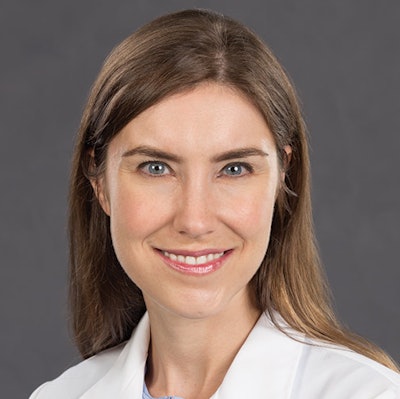 Corinna G. Levine, MD, MPH, FARS
Corinna G. Levine, MD, MPH, FARS
Corinna G. Levine, MD, MPH, FARS
Assistant Professor, Rhinology and Anterior Skull Base Surgery, Department of Otolaryngology, University of Miami Miller School of Medicine
AAO-HNSF CORE grants are an essential part of what made me want to pursue a surgeon–scientist career. I still remember how excited I was to receive my first research grant from CORE during residency. That early grant instilled a great love of clinical research and helped me lay the foundation for a physician–scientist career, teaching me many skills I still use today. I was invited to serve as a general section CORE grant reviewer, which gave me insight into the grant review process. What I learned by participating in CORE grant reviews was essential to my own early-career grant successes. I was the recipient of an institutional Pilot Grant award and a Triologic Career Development award. I am currently primarily funded through a KL-2 award from the University of Miami. My research in chronic rhinosinusitis focuses on defining and addressing existing health disparities in the diverse South Florida population and using a multidisciplinary research approach to improving treatment outcomes.
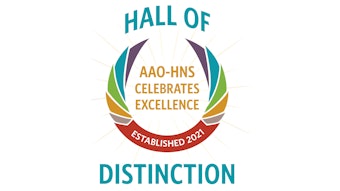


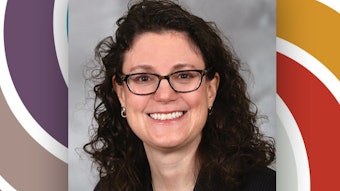
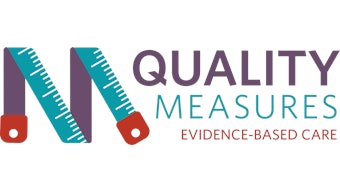
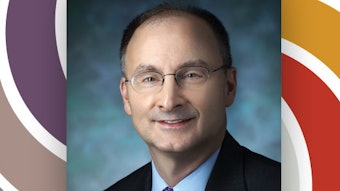

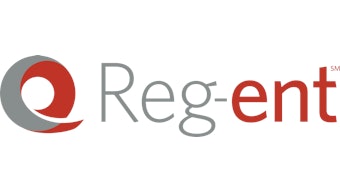
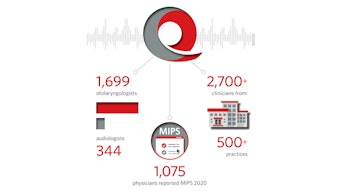
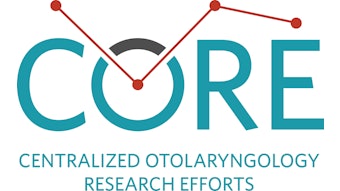
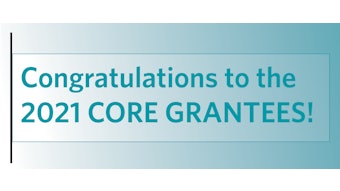
![05 Hpv Vaccination [converted]](https://img.ascendmedia.com/files/base/ascend/hh/image/2021/06/05_HPV_Vaccination__Converted_.60d0a1f25afe4.png?auto=format%2Ccompress&fit=crop&h=191&q=70&rect=45%2C0%2C1830%2C1830&w=340)


